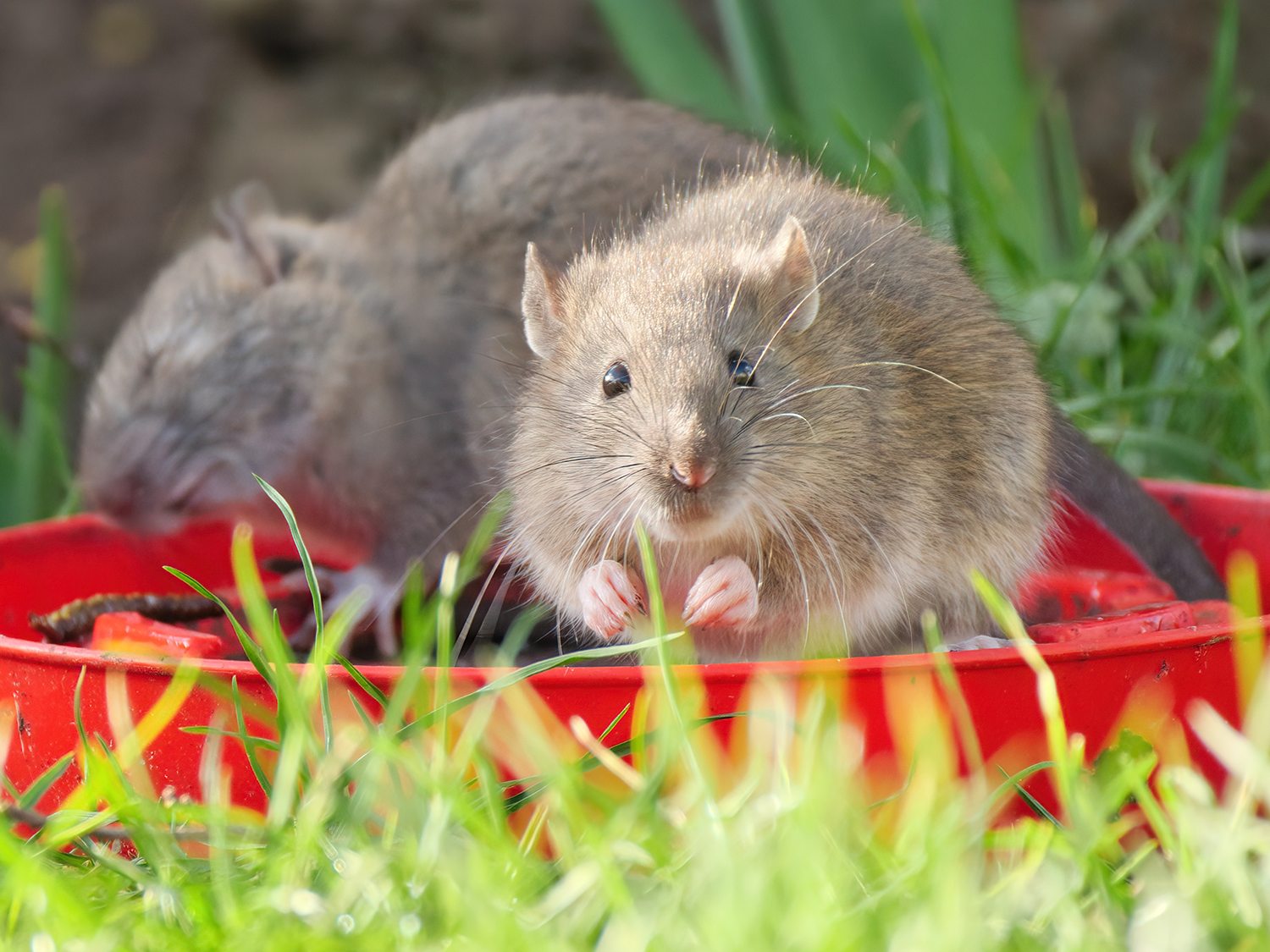Introduction
Rats in the garden can cause significant damage, from destroying plants to contaminating soil. Getting rats out of your garden is crucial not only to protect your plants but also to maintain a healthy outdoor environment. This article explores proven, expert-backed methods to remove rats safely and prevent their return. Whether you’re dealing with a minor nuisance or a persistent infestation, you’ll find actionable tips and strategies tailored to your garden’s needs.
Why Do Rats Invade Gardens?
Understanding Rat Behavior
Rats are attracted to gardens because they offer food, shelter, and water. Common attractants include:
- Fallen fruits and vegetables
- Compost heaps
- Overgrown vegetation
- Accessible water sources
Their burrowing habits can disrupt roots and soil structure, leading to plant damage. Recognizing what draws rats helps in effectively targeting removal efforts.
Signs of Rat Activity
Look for these indicators to confirm a rat presence:
- Droppings near plants or pathways
- Burrow holes around garden beds
- Gnaw marks on wooden structures or plant stems
- Tracks in soft soil or mud
- Noises at night
How to Get Rats Out of Your Garden: Proven Methods
1. Eliminate Food Sources
Removing accessible food is the first step to deterring rats:
- Harvest ripe fruits and vegetables promptly
- Secure compost bins with tight-fitting lids
- Avoid leaving pet food outdoors
- Clear fallen debris and keep garden tidy
2. Modify the Habitat
Rats seek shelter in dense vegetation and clutter. To reduce hiding spots:
- Trim overgrown shrubs and tall grass
- Remove piles of wood, rocks, or debris
- Seal holes in fences or garden sheds
- Maintain clean, open spaces in the garden
3. Use Natural Deterrents
Several natural repellents have shown effectiveness:
- Planting mint, garlic, or lavender around the garden
- Spraying peppermint oil diluted in water where rats are active
- Using predator urine (fox or cat) as a scent deterrent
4. Trapping and Removal
For persistent problems, trapping provides a controlled solution:
- Use humane live traps or snap traps placed near burrows or runways
- Check traps regularly to ensure humane treatment
- Wear gloves when handling traps to avoid scent transfer
- Release captured rats far from your property (local regulations may apply)
5. Professional Pest Control
If DIY methods fail, consult licensed pest control experts. They offer:
- Safe, targeted rodenticide application
- Advanced exclusion techniques
- Long-term monitoring and prevention plans
Preventing Rats from Returning
Ongoing Garden Maintenance
- Regularly inspect for new burrows or signs of activity
- Keep compost and garbage secured
- Maintain tidy planting areas and remove excess mulch
Structural Barriers
- Install metal or hardware cloth barriers around garden beds
- Seal gaps in garden sheds and fences
Encourage Natural Predators
- Attract owls, hawks, or snakes that feed on rodents
- Install birdhouses or perches to support predator populations
Conclusion
Getting rats out of your garden requires a combination of sanitation, habitat modification, and targeted control methods. By removing food sources, reducing shelter, and employing natural or professional deterrents, you can protect your garden from damage and maintain a safe environment. Regular maintenance and preventive strategies are essential to keep rats at bay long term. Start today with simple steps and enjoy a healthy, thriving garden free from unwanted rodent visitors.
